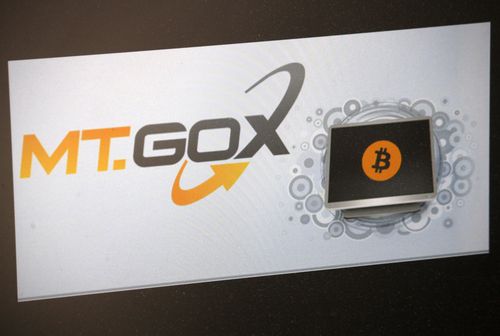
Mt. Gox has once again extended the deadline for submissions of claims against the failed exchange. March 31st, 2020 is the new deadline, which will mark 6 years from Mt. Gox shutting down.
This is apparently due to what are being called “problematic requests for money”, a 5-month extension from the original submission deadline of October 25th, became necessary. According to Nobuaki Kobayashi, the bankruptcy trustee on the file:
“A large amount of rehabilitation claims that the Rehabilitation Trustee fully or partially disapproved remains undetermined for being subject to claim assessment procedures and appeals against a decision on a petition for claim assessment.”
The exchange collapsed in early 2014, yet it is now going to take over 6 years before the process of remediation payments can begin.
It could be interpreted as somewhat comical that Bitcoin was originally invented as a way to improve upon the bureaucracy present in the legacy financial system, and now the repayment of Bitcoin is being held up by the legacy legal system. It seems like this should have been a way simpler process, but because the company was operating within the bounds
Conception of a Crypto Asset Recovery Firm
At the same time as Mt. Gox pushes off the date for submissions, a new crypto asset recovery company has announced its formation. Blockchain sleuthing firm Coinfirm and global investigations firm Kroll have announced a joint venture named ReclaimCrypto. This company will use blockchain forensic techniques to assist with legal investigations and asset recovery in the space.
With approximately $10 billion in stolen crypto out there (and even more lost crypto), this is a massive market that shows a ton of potential in the future. Minimal recourse is available against cyber criminals when crypto is stolen. Even when crypto isn’t involved, the international nature of the crimes often makes it infeasible for multiple law enforcement agencies to get involved.
But now, ReclaimCrypto presents a solution to these individuals. Just in the Mt. Gox case alone, there is $1 billion of Bitcoin (in today’s money). The company will analyze the history of transactions using “big data” analytics, as well as being able to subpoena details on IP addresses and investigating through the dark web.
In recent news, Belgium’s financial sector regulator put out a list of 131 suspected cryptocurrency scam websites, and there are surely many more ways to get deceived within this system. Having even a small bit of recourse could be a great first step to self-regulating and preventing the outside world from thinking crypto is just a big scam.
Just like with fiat currency, there is no way for the issuing authorities to correct wrongs executed within the system. That would be anathema to the “decentralized” nature of any of these protocols and would cost the networks their user base’s trust.
Binance allegedly tried to get the Bitcoin network to reverse a massive theft that occurred on their platform last year, but failed. Similarly, Ethereum, Ripple, Bitcoin Cash and any of the smaller networks would be committing suicide by doing so. That makes ReclaimCrypto a welcome solution to a problem that has plagued the crypto world since its inception.

